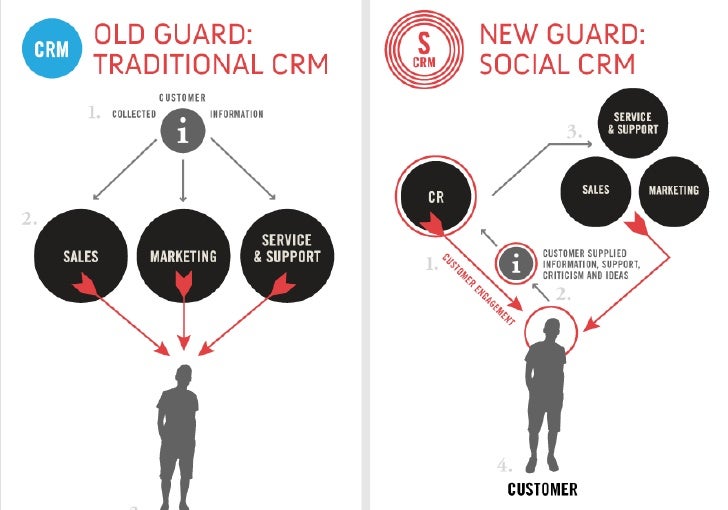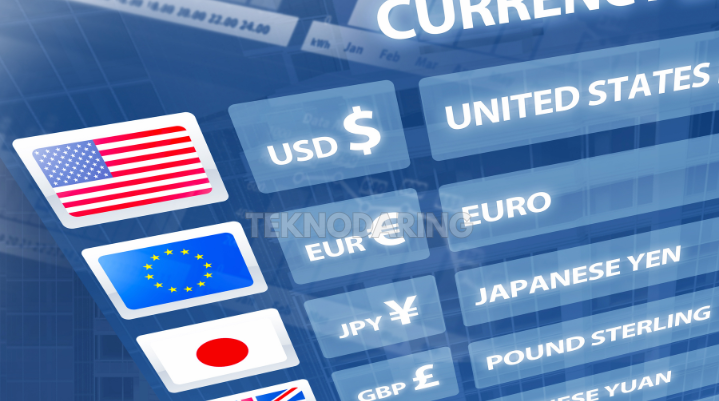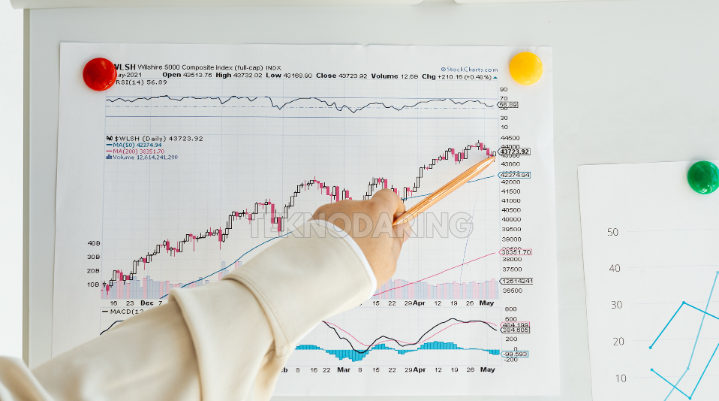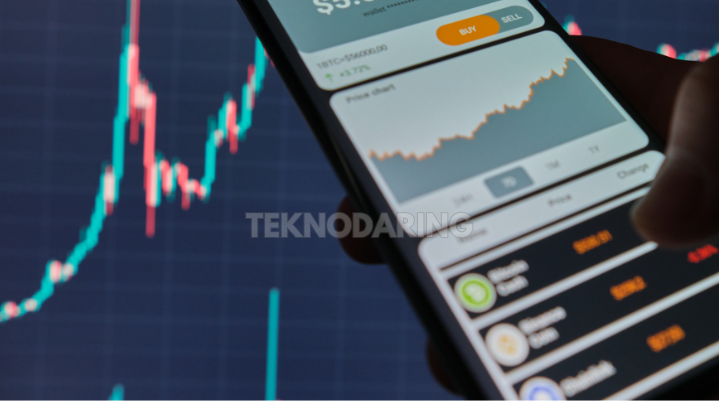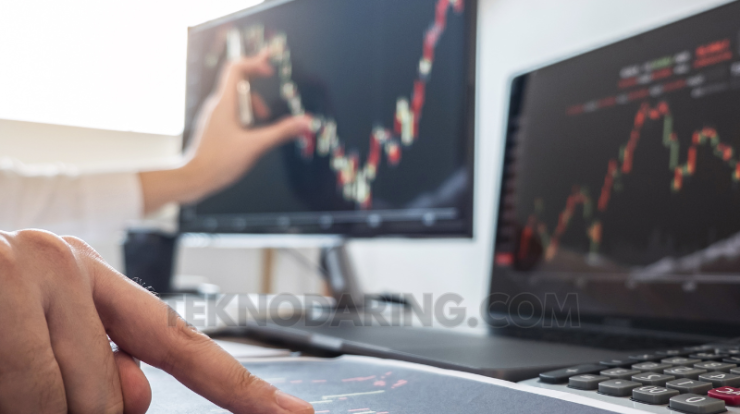
What is Futures Trading – Futures trading is a popular financial strategy used by investors to speculate on the price movement of assets in the future. Whether you’re new to trading or looking to expand your portfolio, understanding what futures trading is can open doors to new opportunities in commodities, currencies, indexes, and more.
In this guide, we’ll explain the basics of futures trading, how it works, and the advantages and risks involved.
What is Futures Trading?
Futures trading involves buying or selling a contract that obligates the trader to purchase or deliver an asset at a predetermined price on a specific future date. These contracts are standardized and traded on regulated exchanges like the Chicago Mercantile Exchange (CME).
Futures are commonly used for:
-
Speculation (profit from price movement)
-
Hedging (reducing risk)
-
Diversification (expanding investment portfolios)
Example:
If you believe the price of crude oil will rise in the next month, you can buy a crude oil futures contract. If the price does rise, you can sell the contract at a profit before it expires.
How Does Futures Trading Work?
Futures trading involves two key parties:
-
The buyer: Agrees to purchase the underlying asset in the future.
-
The seller: Commits to delivering the asset at contract expiration.
However, most futures traders never actually exchange the physical asset. Instead, they settle contracts in cash based on price movements.
Key Concepts:
-
Underlying Asset: The commodity, stock index, or currency on which the contract is based.
-
Contract Size: The quantity of the underlying asset.
-
Expiration Date: When the contract must be fulfilled.
-
Leverage: Futures are often traded using leverage, meaning you can control a large position with a smaller amount of capital.
Common Types of Futures Contracts
1. Commodity Futures
Includes oil, natural gas, gold, silver, coffee, and agricultural products. Commodity producers and consumers often use these to hedge against price volatility.
2. Stock Index Futures
Traded based on major indexes like the S&P 500 or Nasdaq. These are often used by institutional traders for hedging or speculation.
3. Currency Futures
Allow traders to speculate on foreign exchange rates (e.g., USD/EUR).
4. Interest Rate Futures
Used by banks and large investors to hedge against changes in interest rates.
Benefits of Futures Trading
Leverage and Capital Efficiency
Futures allow traders to control large positions with less capital, potentially increasing profits.
High Liquidity
Major futures markets are highly liquid, meaning trades are executed quickly at tight bid-ask spreads.
Diversification
Futures offer access to a wide range of markets, from commodities to currencies, allowing for broader investment strategies.
Hedging Capabilities
Futures are commonly used to reduce risk exposure in other investments or business operations.
Risks of Futures Trading
High Volatility
Prices can change rapidly, resulting in large gains or losses in a short time.
Leverage Risk
While leverage can magnify profits, it can also increase losses. A small price movement in the wrong direction can result in significant losses.
Complexity
Futures markets are more complex than spot markets and may be challenging for beginners without proper knowledge.
Tips for Getting Started with Futures Trading
-
Learn the Basics: Understand how futures contracts work, including margin requirements and expiration dates.
-
Use a Demo Account: Practice with virtual money to get familiar with the platform and market behavior.
-
Start Small: Begin with one contract to manage your risk.
-
Use Risk Management Tools: Set stop-loss and limit orders to protect your capital.
-
Stay Informed: Follow news and economic reports that can affect the markets you trade.
Final Thoughts
Futures trading offers exciting opportunities for both short-term traders and long-term investors. Whether you’re looking to hedge against risks or profit from market trends, futures contracts provide a flexible way to engage with global markets.
However, futures trading is not without risk. Proper education, disciplined strategies, and risk management are essential to trading futures successfully. As with any investment, it’s important to only trade what you can afford to lose and continue learning as markets evolve.

